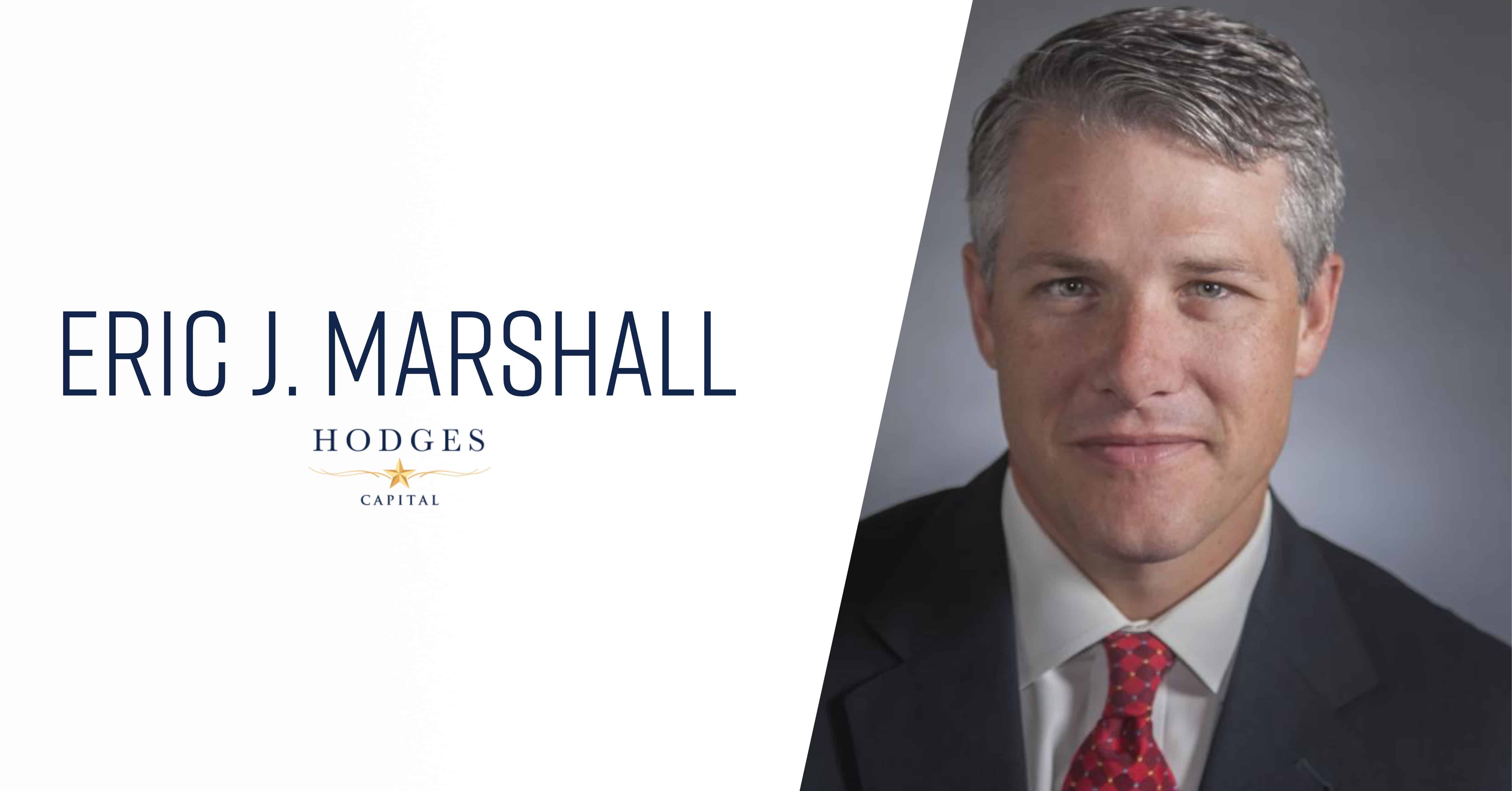Only two certainties remain in life – death and taxes. These two actions require a significant commitment from you in terms of time and money. It is important that we each carry a portion of the costs of the freedoms we enjoy in the United States of America. A phrase often quoted by the leaders of our government is that the “rich should pay their fair share”.
“Fair” is such an ambiguous term. What is your definition of “fair” when it is applied to your income and assets? Should the percentage you pay be 10%, 20% or, lets get creative and say 50%? Based on research performed by The Tax Foundation in 2020, high-income taxpayers paid the majority of federal income taxes. The findings were quite confirming of my thoughts in how our system of taxation is applied to the population.
Based on the findings of the research, the bottom half of taxpayers earned 10.2% of the total Adjusted Gross Income (AGI) and paid 2.3% of all federal individual income taxes. Conversely, the top 1% earned 22.2% of total AGI and paid 42.3% of all federal income taxes. Would you determine this to be “fair”? Surely those of us that earn more should pay more in taxes. However, the nebulous word “fair” may be defined differently by the two aforementioned factions of taxpayers.
For 2022 income tax filings, individuals will find themselves in a marginal tax bracket from 10% to 37% (with additional surtaxes added to the top rate based on other income factors). Generally, the argument is made by the ultra-wealthy such as Bill Gates, Warren Buffett and others that they should pay more in taxes. The challenge is the types of income experienced by the ultra-wealthy and those in the 10% bracket consist of different taxable characteristics. For example, the rates for ordinary income range from 10% to 37%. However, the most wealthy of us actually have a greater share of annual income derived from investments thereby describing the income as capital gains. The maximum rate of federal tax for long-term capital gains is 20%.
A couple of years ago, Mr. Buffett was quoted as saying he paid a lower tax rate than his secretary (an archaic term in today’s world but Mr. Buffett is a member of the “Greatest Generation”). His secretary must be well paid to be taxed higher than 20% on her earnings. These types of comments stem from the frustration in our U.S. tax system by the Oracle of Omaha. As an investor, Buffett has benefited for decades by the favorable tax treatment afforded capital gains. The theory is that our economy will help everyone if we continue to experience robust investment in jobs and infrastructure. I do believe this to be a true statement (with provisos and adjustments).
There are certainties in the tax code on which we can all rely. One of those certainties is the due date of the filing of your individual income tax return for 2022. The due date is normally April 15. This year the due date is April 18, 2023. I understand your confusion. Three additional days to file and pay your tax liabilities. To grasp how the tax law is written, one must understand the impact of weekends, holidays declared and holidays recognized in specificity. This tax filing season is one of those flummoxed moments where April 15 is a Saturday, which means Sunday is the 16th and your return should be filed by Monday, April 17. However, the District of Columbia, the special designated land in which the U.S. Capitol is located so that no state would claim to be more honored than another, will celebrate Emancipation Day on Monday. A brief examination of history will confirm that Emancipation Day, marking the abolition of slavery in D.C., was effective on April 16, 1862 when signed by President Abraham Lincoln. Not to sound pedantic but that date is a Sunday in 2023 and, therefore, will be celebrated on the next business day which is a Monday.
So, the good news. You have three extra days to file and pay your income taxes. However, my recommendation is that you don’t wait until the last day to file. If you are receiving a refund, file early and take possession of your money. If you owe money this year, file on April 18, 2023, and pay the tax in full to avoid penalties and interest being assessed.
If you wish to take a proactive approach to your tax planning, seek a complimentary consultation with a Certified Financial Planner™ professional. By focusing on one of the largest expenses of your family’s annual budget, you will experience greater confidence by maintaining control of your finances. I often quote to my friends that “I am glad to pay taxes…” After they cease looking at me with a shocked look on their faces, I finish the quote – “… the alternative of paying nothing means my family struggled and lacked the basic pleasures of this life.” Hope you enjoy a great Spring Day with the extra hour we gained earlier this week!















